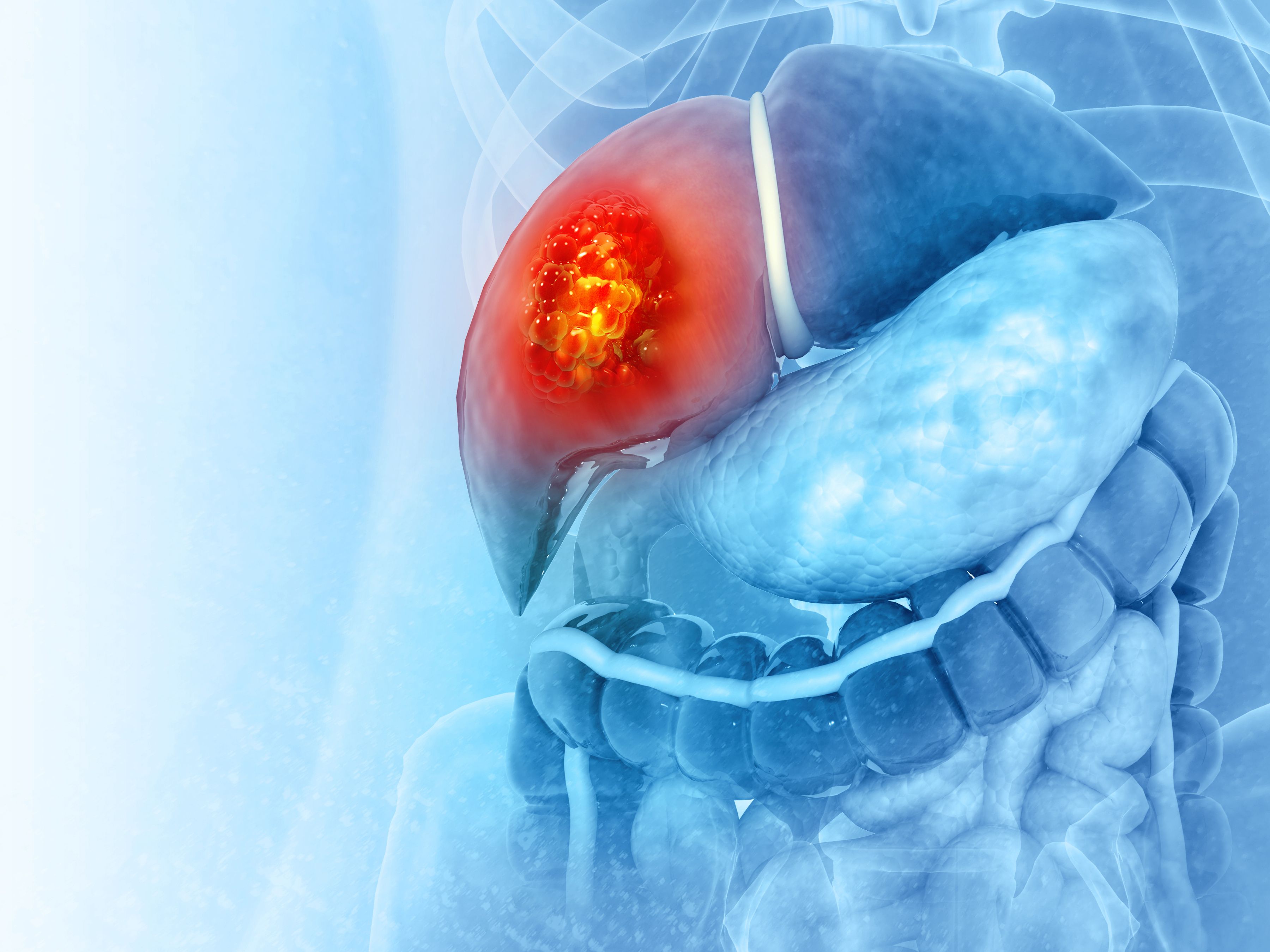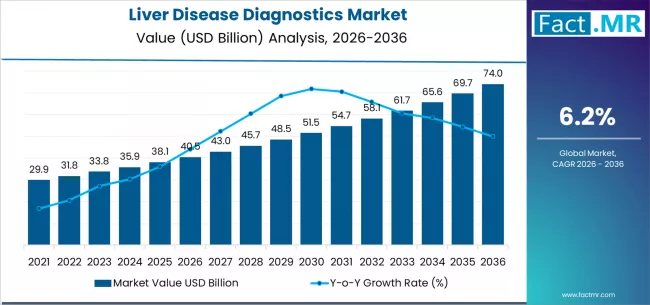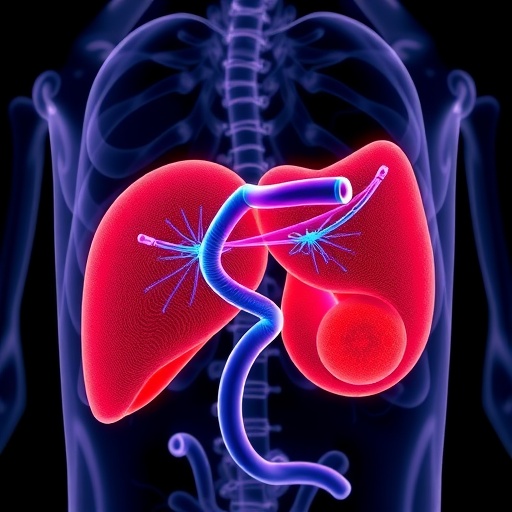Lancet study has hope for liver cancer: Immunotherapy drug can delay progression in patients who can’t be treated with surgery | Health and Wellness News

Immunotherapy, a form of treatment that uses the body’s immune system to find and fight cancer cells, can delay the progression of liver cancer in those patients who cannot be treated with surgery, according to two independent phase III clinical trials published in The Lancet. What’s more, it can be combined with existing treatment protocols.
These two trials are significant because they are the first to suggest a potential change in the standard care for this subset of liver cancer patients in the last 20 years. “The results are encouraging and can be a game changer,” said Dr Shiv Kumar Sarin, Chancellor, Institute of Liver and Biliary Sciences (ILBS). Hepatocellular carcinoma or HCC (a type of cancer where malignant cells grow in the liver’s main cells, called hepatocytes) accounts for the vast majority of liver cancer cases and is one of the leading causes of cancer deaths globally.
Among the fastest-growing cancers in the world, its burden is underestimated in India. “Patients usually come in at an advanced stage of cancer and unfortunately awareness level about this cancer is very poor. So immunotherapy can work on these patients,” says Dr Sarin. However, he pointed out that immunotherapy drugs were expensive and beyond the reach of the common man, the drugs used in the trial exceeding a lakh per vial in India. So, though there is hope, accessibility is a concern.
According to available data, the incidence rate of hepatocellular carcinoma (HCC) in India for men “ranges from 0.7 to 7.5 and for women 0.2 to 2.2 per 100,000 population per year,” said Dr Sheetal Mahajani, senior hepatologist and one of the pioneers of the liver transplant programme in Pune.
Immunotherapy and current standard care
As of now, hepatocellular carcinoma is treated by transarterial chemo-embolization (TACE). This is a minimally invasive procedure that involves injecting chemotherapy drugs and particles that block blood supply to the tumour through a catheter. Once the particles block blood to the tumour, starving it of oxygen and nutrients, chemotherapy drugs reach it in higher concentrations for a longer period of time, which can kill more cancer cells.
However, the average time without cancer progression remains low for those treated with TACE, so there is a substantial need to develop more effective treatments.
“At present, there are six US FDA-approved immunotherapy options for liver cancer,” said Dr Mahajani. She also added a cautionary note, saying while immunotherapy treatments can enhance cancer-fighting immune system responses, they may not always work for patients with a history of hepatitis infection. That’s because this type of immune system activity can damage normal functioning liver cells.
How to combine treatments that can help patients live longer
The phase III EMERALD-1 trial assessed the efficacy and safety of using two therapies, durvalumab (an immunotherapy drug) and bevacizumab (which blocks blood vessel growth) in combination with TACE in a global population of 616 patients. Patients either received durvalumab plus bevacizumab, durvalumab only, or a placebo. Results showed that durvalumab plus bevacizumab delayed liver cancer progression by 6.8 months compared to placebo and 1.8 months with durvalumab alone, suggesting the combination is important for maximising efficacy.
The multi-centre phase III study, LEAP-012, assessed the efficacy of two different therapies, pembrolizumab (an immunotherapy) and lenvatinib (a cancer growth blocker) in combination with TACE in a global population of 480 participants. Lenvatinib plus pembrolizumab delayed liver cancer progression by 4.6 months compared to placebo.
“For over 20 years, TACE has been the standard treatment for intermediate-stage HCC but its efficacy has been limited,” said Dr Josep M. Llovet, Professor of Medicine (Liver Diseases) at the Icahn School of Medicine at Mount Sinai, and among the study authors. “Our study is the first to show a statistically significant improvement in progression-free survival when combining TACE with systemic therapies, paving the way for a potential new standard of care,” Dr Llovet said in the report.
How to prevent liver cancer?
Anyone with liver disease should know that liver cirrhosis of any cause, hepatitis B and C are high risk for liver cancer. “A surveillance every six months by getting a sonography and tumour markers is a must,” Dr Mahajani said.
Discover the Benefits of Our Subscription!
Stay informed with access to our award-winning journalism.
Avoid misinformation with trusted, accurate reporting.
Make smarter decisions with insights that matter.
Choose your subscription package
link








